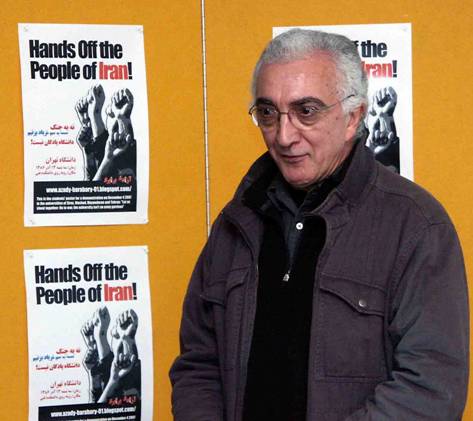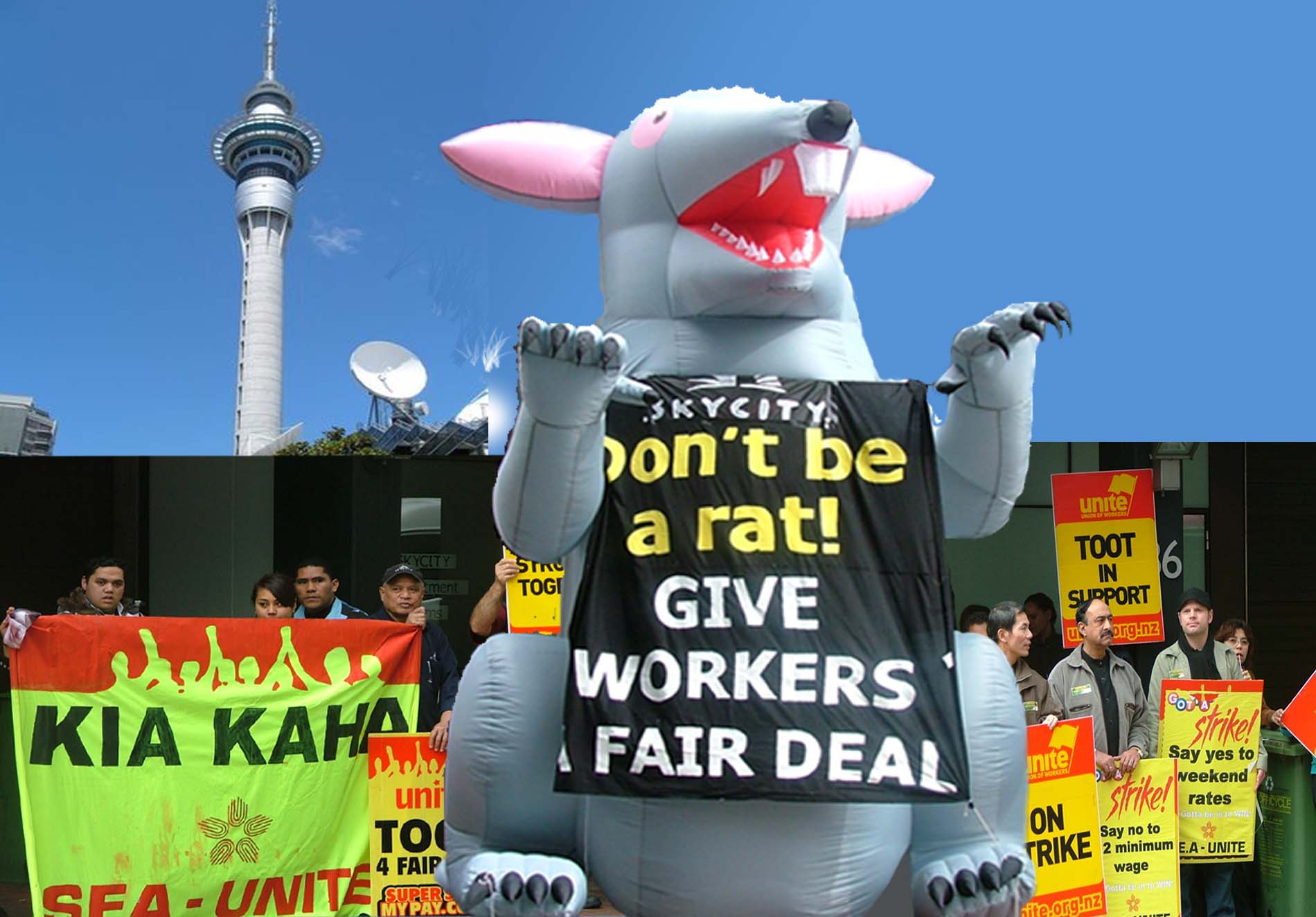– WP Media Release
Workers Party candidate for Christchurch East, Paul Hopkinson, may be forced to step aside as a candidate due to a discriminatory clause in the 1993 Electoral Act.
Because Paul Hopkinson is a school teacher in a state school, he is subject to a clause which could require him to take unpaid leave for the duration of the election campaign.
“This clause is onerous and discriminatory because it prevents people from participating fully in the electoral process,” he said.
“Unless you have the backing of a large wealthy political party, or are independently wealthy, you are unable to participate. I should not have to take leave; I should not have to choose between standing in the elections and supporting myself and my family” he added.
If he was employed by a private school, he would not be subject to the clause.
“This is an important issue because this anti-democratic clause means thousands of New Zealanders are prevented from becoming fully involved in the elections,” he said.




